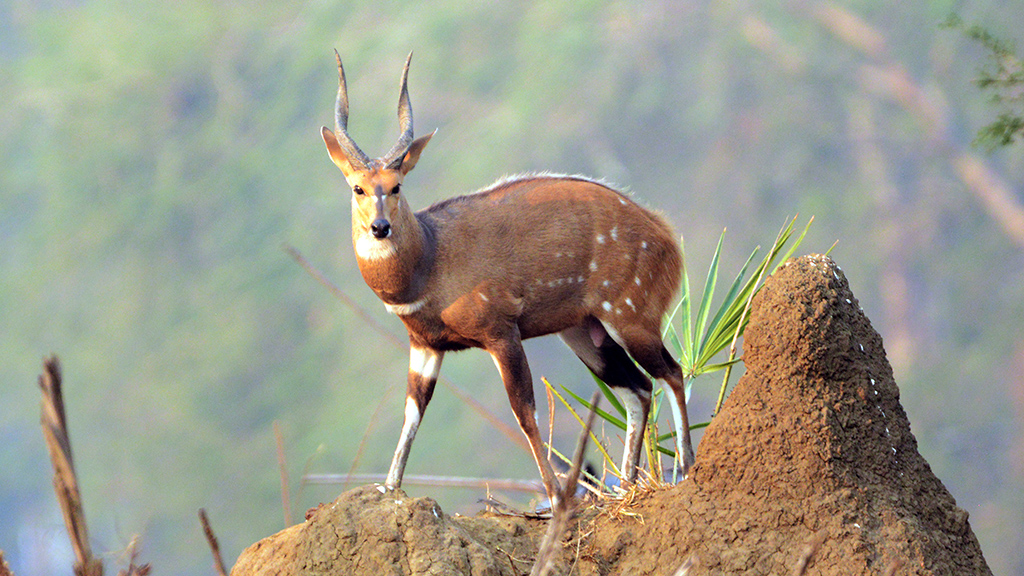Abstract
Working through this case study, students explore the intersection between scientific and information literacies and consider how authority (scientific or otherwise) is represented in information sources through examining stakeholders and how their voices are represented or suppressed through the production of information. The case study was created for a flipped classroom in which students learn basic information literacy concepts before class and then work in teams during class or online to apply those concepts. Students analyze two information sources related to the Gorongosa National Park restoration project in Mozambique, Africa: one is an educational video whose creators represent the scientists performing the research and the philanthropists funding it; the other is a scholarly source that describes ethnographic research conducted on Gorongosa Mountain to examine the restoration project’s activities and the narratives that led to entrenched conflict between park stakeholders and mountain residents. The case can be taught as a stand-alone activity or as the second of a two-case sequence (the first case study is “Bringing Mammoths Back from Extinction: Developing Scientific and Information Literacies”). Both case studies focus on information literacy rather than scientific content and can be used in a wide variety of science courses.



